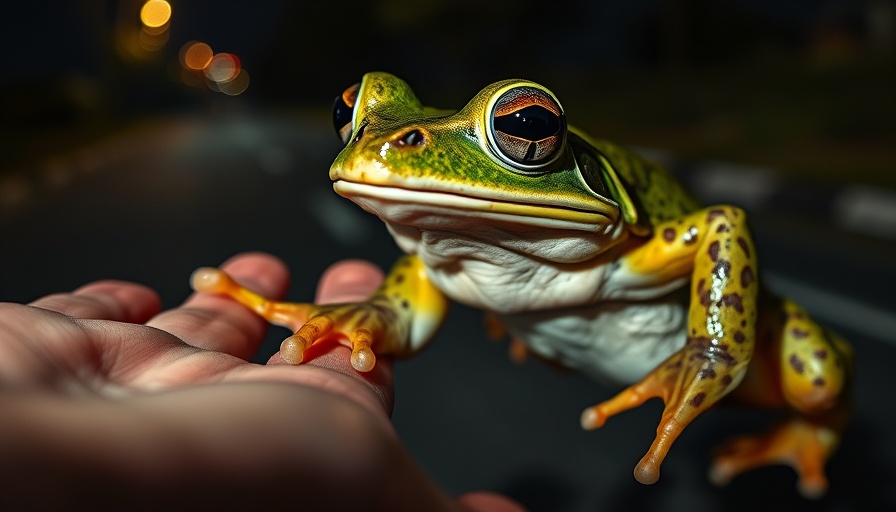
The Controversial Pet Donation Program: Ethics in Animal Care
In a move that has ignited fierce debate across social media platforms, Aalborg Zoo in Denmark has reignited its pet donation program, which allows local residents to donate small animals like rabbits and guinea pigs as food for its carnivore inhabitants. Advocates of this initiative assert that it serves as a vital part of maintaining the zoo's natural ecosystem and ensures all resources are utilized effectively. However, detractors argue that this practice undermines the value of pets, treating them as mere food rather than loved companions.
Understanding the Rationale Behind the Program
Proponents of the donation scheme assert that animals raised in captivity such as carnivores naturally require animal-based food as part of their diet. A spokesperson for Aalborg Zoo explained that this approach not only minimizes waste but also enhances the overall well-being of the predators. In their view, feeding these carnivores domesticated pets replicates a more natural food chain scenario, which is essential for their physical and psychological health. The zoo maintains that by doing so, they can offer a more authentic experience of wild carnivorism.
Global Reactions: Love for Pets vs. Nature's Reality
The response to Aalborg Zoo’s initiative has been mixed. While some animal lovers have expressed outrage, viewing the idea as a blatant disrespect for domestic animals, others defend its practicality from an ecological standpoint. This polarization highlights a deeply rooted cultural divide between those who view pets as family members and those who recognize and accept the biological imperative of the natural world.
Exploring Animal Welfare Perspectives
Animal welfare organizations are increasingly vocal in discussing the ethical implications of feeding pets to zoo animals. Critics argue that this practice could foster a disturbing normalization of violence towards domestic animals. Conversely, some experts suggest that such actions can foster a vital dialogue about the necessary conditions for wildlife survival, particularly in captivity where a holistic understanding of animal needs is essential.
Lessons for Travelers: The Intersection of Wildlife Tourism and Ethics
This debate presents an important lesson for travelers and tourists. As wildlife enthusiasts venture into zoos and wildlife parks, it becomes crucial to explore their practices and understand how they approach animal welfare and ecological responsibility. Travelers exploring destinations like South Africa, which is rich in wildlife tourism experiences, should be empowered with knowledge about wildlife care, local customs, and the ethical considerations that govern animal interactions.
Future Trends: Ethical Tourism and Animal Rights
This outcry may necessitate a reevaluation of how zoos operate and how they relate to the public’s sentiments toward animal rights. As ethical tourism continues to rise, animal attractions might need to shift towards more transparent and humane approaches to animal care. Educational programs that inform and engage visitors could become vital components, ensuring that care practices align with both ethical considerations and tourist expectations.
Inspiring Sustainable Choices in Wildlife Care
Ultimately, the Danish zoo's funding program underscores a significant opportunity for learning within the travel community. Travelers interested in eco-friendly practices can promote humane solutions that respect both animal welfare and ecological systems. With the growing focus on sustainable traveling, it is imperative for holidaymakers to support initiatives that foster ethical engagement with wildlife and enhance the integrity of animal care.
In conclusion, whether one supports or opposes the pet donation initiative, it has sparked a vital conversation that transcends borders. As travelers and advocates for wildlife, it is our responsibility to engage with these issues and seek ethical solutions that honor the complex relationships we share with animals.
 Add Row
Add Row  Add
Add 




Write A Comment